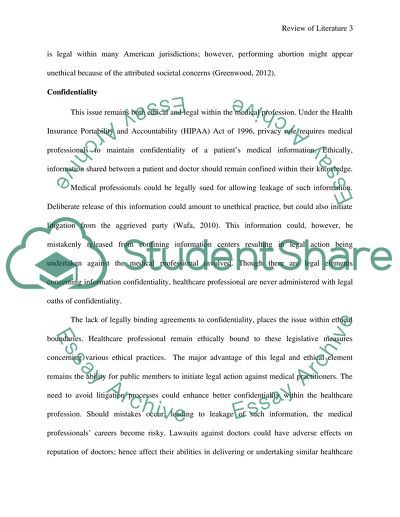Cite this document
(“Review of the Literature (It is related Final Project) Article”, n.d.)
Review of the Literature (It is related Final Project) Article. Retrieved from https://studentshare.org/nursing/1475610-review-of-the-literature-it-is-related-final
Review of the Literature (It is related Final Project) Article. Retrieved from https://studentshare.org/nursing/1475610-review-of-the-literature-it-is-related-final
(Review of the Literature (It Is Related Final Project) Article)
Review of the Literature (It Is Related Final Project) Article. https://studentshare.org/nursing/1475610-review-of-the-literature-it-is-related-final.
Review of the Literature (It Is Related Final Project) Article. https://studentshare.org/nursing/1475610-review-of-the-literature-it-is-related-final.
“Review of the Literature (It Is Related Final Project) Article”, n.d. https://studentshare.org/nursing/1475610-review-of-the-literature-it-is-related-final.


